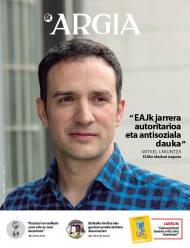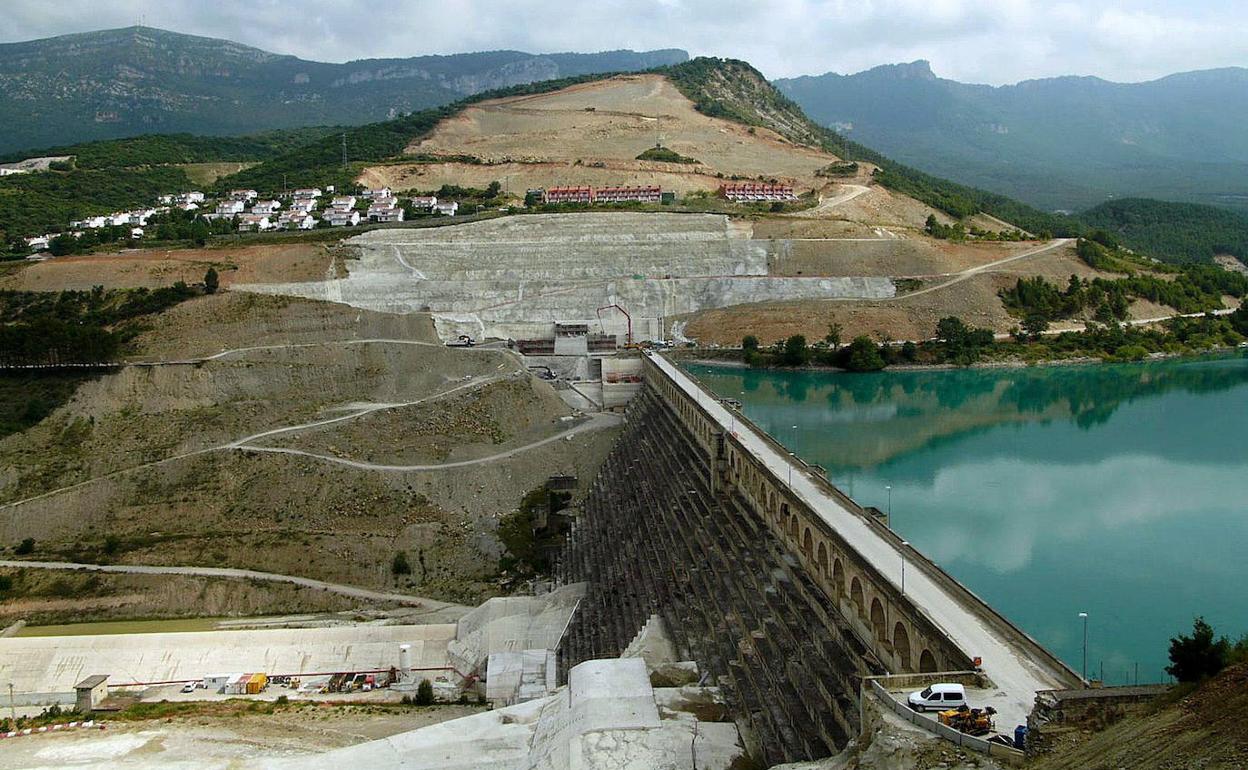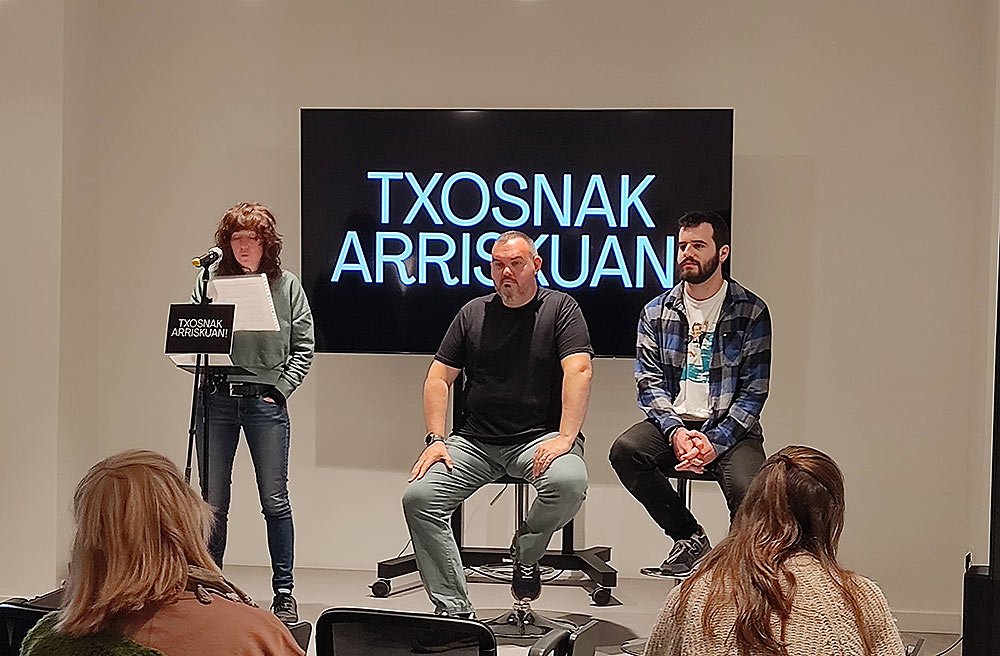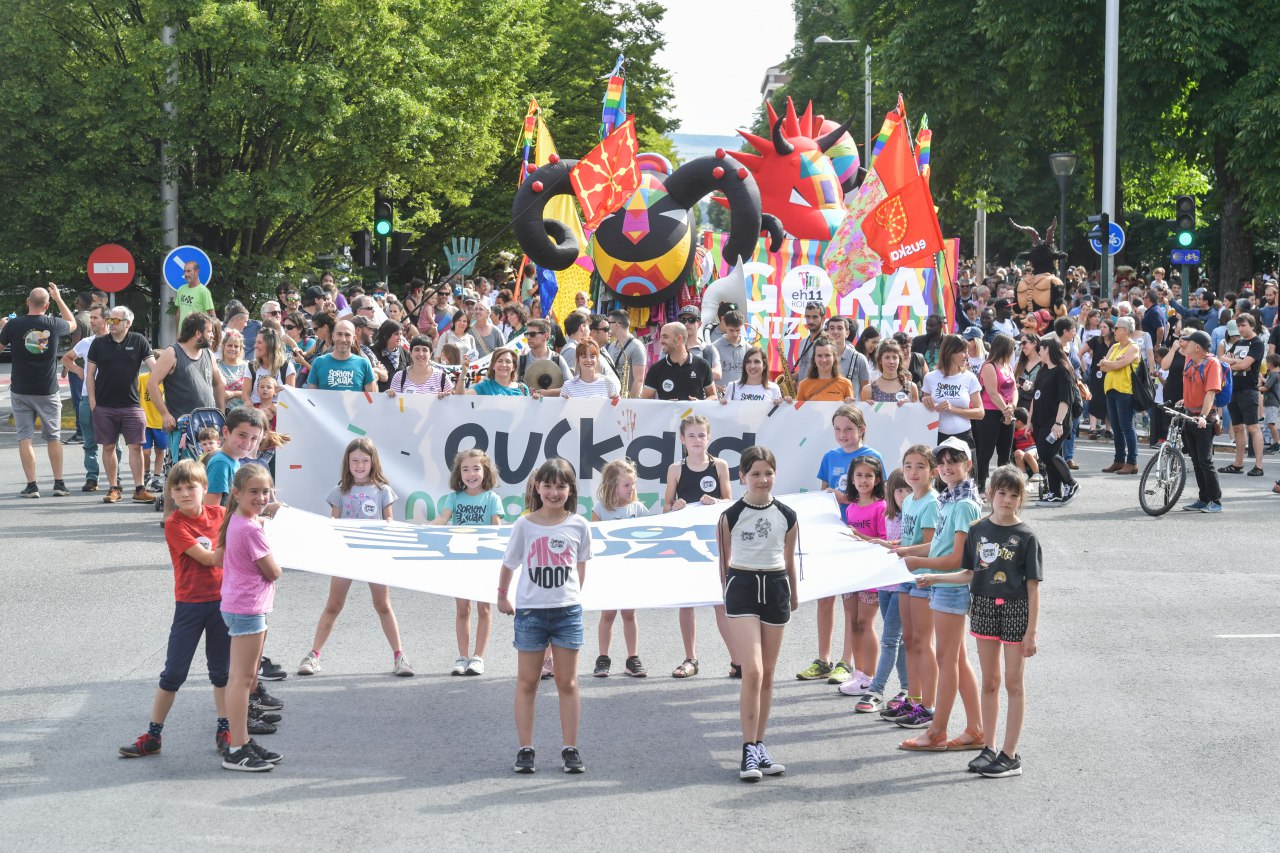Marjaba

There seems to be nothing as trivial as exchanging a couple of sentences with the people you meet when you leave the house and go home. It is a mistake. Knowing those who live in the environment, knowing a little, brings value to everyday life. This little contact, this superficial shot, makes life happy. Surely happier are the people who have the ability to relate. (Provided they are not incapacitated for another depth).
I don't have that facility, and yet (or so), I appreciate the sparks that occasionally pull out those phrases that are said on the house portal, on the stairs, or on the metro, on the supermarket line. The curious character you've discovered in a comment we've discussed in passing, something you can have in common... In general, they respond to an impulse that responds to the need to know something about the other because we live together.
Sometimes (more than you want) there is a chasm between what we would like to be and what we are. Here's one of the reasons why fiction is created. I have been for weeks (what I say weeks, months) without being able to say more than good days or good nights to a man who lives at the bottom of our building. For my defense, I have to say that when we started seeing that man in the yard, we couldn't know he lived on the ground floor. In fact, this apartment is used by an Islamic association to meet (or pray, or whatever, I have never asked). The person in charge of the association is a very sociable man, always asks me for his children, for his place of birth... The truth is, at first we didn't think that the young man we used to meet in the yard lived there. With a black leather pacifier, we saw smoking one after the other, talking on the phone (in Arabic? ). ). Even though he was immersed in the phone conversation, he kept greeting me. It is true that the conditions were not to start talking.
We now know that he lives there. The two windows that you give to the patio are open wide in the mornings. I can find many obstacles to avoid the first friendly contact I would like: the first difficulty is always language. I find it less difficult to launch the first conversation hook to a stranger in one of my two home languages. To say what would be easier (... are you new here?) It's too late. As we cannot know from when you are here, not even if you have an official residence permit, I think that care should be taken. Don't you think I'm trying to get my nose into your business? Furthermore, if I am a woman, what will you feel like taking the initiative? (On the other hand, how could he take it? ). Even when I hold the door open, I find it uncomfortable.
I know that the difficulties that my mind poses to me, as long as I don't try, are just in my head. And that first attempt is the only way to contrast what I think. In the meantime, someone had run faster than me and I learned that I did not speak German or English. Français? I could offer you that I ever needed something, that I would tell you that I settle in French. After all, the most humane of the things I think (which goes beyond cheap stereotypes and prejudices that only bother) is that those who come to a (new) place like to have the feeling that it is well come.
Andrea Velasko dietista eta nutrizionistak elikaduraren bidez menopausiak eragindako aldaketak kudeatzeko zenbait gako eman ditu.
BRN + Auzoko eta Sain mendi + Odei + Monsieur le crepe eta Muxker
Zer: Uzta jaia.
Noiz: maiatzaren 2an.
Non: Bilborock aretoan.
---------------------------------------------------------
Ereindako haziek ura, argia eta denbora behar dute ernaltzeko. Naturak berezko ditu... [+]
Antonio Turiel fisikari eta CSICeko ikerlariak aspaldiko urteetan ez bezala bete zuen Hernaniko Florida auzoko San Jose Langilearen eliza asteazkenean. Zientoka lagun elkartu ziren Urumeako Mendiak Bizirik taldeak antolatuta Trantsizio energetikoaren mugak izeneko bere hitzaldia... [+]























